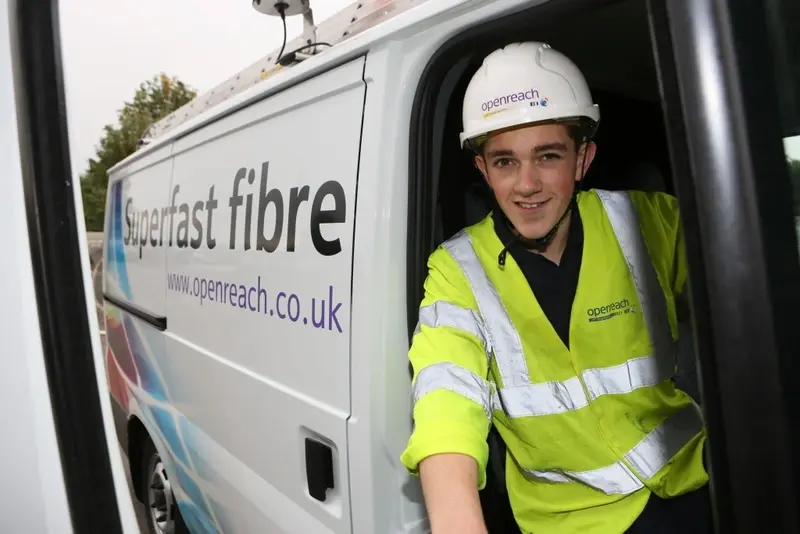
Labour has revealed a plan to nationalise Openreach, the infrastructure backbone of the UK’s communication network owned by BT (BT.A), as part of a pre-election plan to dish out free superfast broadband for all.
This is a shock pledge since BT hadn’t believed it was on the Labour nationalisation hit list, which has included various utility industries, such as energy and water supply. It would be paid for by a new tech tax.
Shares in BT initially fell more than 2%, yet the stock quickly bounced, now trading just 1.7p lower at 193.54p.
HUGELY COMPLEX
The challenges are multiple to such a scenario, not least for Labour to get in at Number 10 with enough of a majority to action many of its more controversial policies.
‘This latest move on BT certainly brings a new political overhang for the stock, but factored into this, as with the entire nationalisation question, is the likelihood of a clear Labour majority to get these contentious and costly policies through’, said Neil Wilson of Markets.com. On that front, polls suggest BT is safe for now.
Even if a Labour government came to pass other problems need to be faced, such as the enormous cost.
Labour is estimating the cost of its BT policy at £20bn, including £5bn of public subsidy already earmarked for rural network.
‘Last night's closing BT share price implied Openreach was valued at £13.5bn on its regulated asset base (RAB), plus the retail rump on 10.2-times 31 March 2020 enterprise value to operating free cash flow’, calculate analysts at Jefferies.
MASSIVE COST TO TAXPAYERS
It is unclear at this stage what a future Labour government would intend to pay BT for Openreach.
‘A fully-costed policy would need to incorporate future fibre-to-the-premises (FTTP) deployment capex (capital expenditure) of more than 28m premises still to be covered, Openreach running cash costs reported as £2.2bn a year and we estimate maintenance capex at £800m to £900m, less efficient operation of the Openreach asset, potential compensation for other network operators severely impaired by a State-backed Openreach supplying wholesale access for free, and potential compensation for retail broadband providers, undermined by the free service provided on non-commercial terms’, explain Jefferies’ analysts.
Then there’s the huge pension scheme issue. BT has previously highlighted pension cost as a material obstacle to a potential Openreach de-merger.
‘In a nationalisation scenario, we believe that the BT pension scheme trustee would logically demand very substantial upfront compensation,’ said Jefferies.




